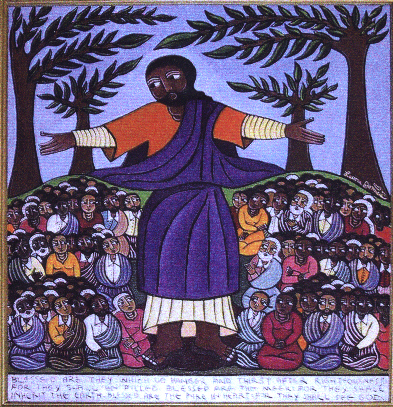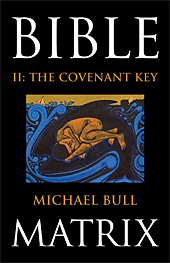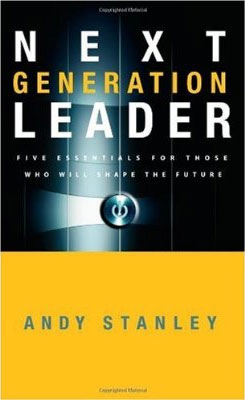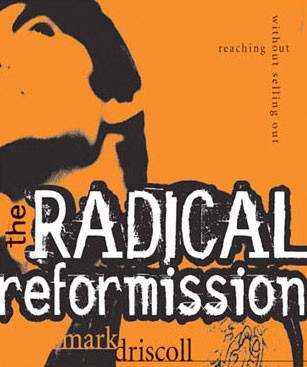Judicial Maturity
“…and their eyes were opened, and they knew that they were naked.”
(Genesis 3:7, cf. Matthew 9:30; Luke 24:31; Acts 9:8)
Jesus’ sermons are all literary masterpieces. Perhaps it was not only the explicit content of His speeches that riled the rulers. He not only claimed to be Yahweh, His sermons all follow the structure of the speeches of Yahweh. They are Covenantal not only in content but in form. No other man spoke like this man, except perhaps Moses and the Prophets, who repeated the Words dictated to them by God.
TRANSCENDENCE – Initiation
Do not think
…..that I came to destroy
……….the Law
……….or the Prophets.
…..I did not come to destroy
but to fulfill.
This stanza is deliberately missing its “Pentecost.” It follows the Creation pattern but the Law has not yet been “opened.” As Robert Alter claims, much of the Bible’s communication relies on repetition of establishes forms but with modification, additions, and omissions. Sometimes what is not said is the elephant in the room. Jesus would fulfil the Law at the centre of history and send the Spirit. He would kindle the fire on the Altar of Israel at Pentecost, and it would be totally consumed in AD70. He does it again in stanza 2.
HIERARCHY – Delegation
For assuredly, (Initiation)
…..I say to you, (Delegation)
……….till heaven and [Land] pass away, (Presentation)
……………[No Holy Fire, no Pentecostal Purification]
……….one jot or one tittle (Transformation – Law repeated)
…..will by no means pass from the law (Vindication)
till all is fulfilled. (Restoration)
Notice that heaven and Land are at Day 3, the Ascension offering. Genesis (Initiation), Exodus (Delegation), Leviticus (Presentation)… All the tribes possessed Land except Levi because the Levites were the holy Firstfruits upon the Altar-Land.
ETHICS – Purification (Israel threshed)
Whoever therefore (Creation)
…..breaks (Division)
……….[of these commandments the least] (ironic Ascension)
…………….(No Testing)
……….and teaches men so, (Maturity)
…..shall be called least (ironic Conquest)
in the kingdom of heaven; (Glorification)
Notice that this stanza follows the Creation week’s 1-2-3 (least), 1-2-3 (least) forming and filling. In this case it is a failure to form and a subsequent failure to fill. It is Adam at Day 6 who is least.
SANCTIONS – Vindication
but whoever (Creation)
…..[shall practise (Division)
……….and teach, (Ascension)
……………this one] (Testing)
……….great (Maturity)
…..shall be called (Conquest – Vindication)
in the kingdom of heaven. (Glorification – Succession)
Finally, we have a Man in the middle.
SUCCESSION – Restoration
For I say (Genesis)
…..to you, (Exodus)
……….that unless your righteousness (Leviticus)
……………exceeds (Numbers – Testing)
……….the scribes and Pharisees, (Deuteronomy)
…..you will by no means enter (Joshua)
the kingdom of heaven. (Wise Judges)
What did Jesus mean in this final stanza? The purpose of the Covenant process is to put Man under God’s eyes at Ethics/Testing, so that Man might become God’s eyes by the end, and initiate the next cycle as God’s tried and tested representative. Adam failed so God moved to the next generation, which also failed. The failures continued (except for Enoch as righteous Firstfruits) until Noah become the first righteous judge, and was handed the sword of judgment instead of being scattered by it.
The scribes and Pharisees came to an end with the Old Covenant in AD70. They were denied Succession. The key is that this entire structure above recapitulates God’s Covenant plan for Adam. Jesus is saying that unless you have eyes that judge righteously between good and evil, by obedience to the Spirit of God, you will be as blind as the Pharisees, who judged according to outward appearances only. The Spirit’s choice of the Son of David was the same as it was for David. The Pharisees were not looking upon Jesus’ heart. But God was, and it pleased Him.
All those who have the Spirit of God are not missing the “Pentecostal” line of the Covenant poem. Obedience to the gospel allows God to pour out the holy fire and transform the sacrifice. Baptism is the vindication of such a person by the Church. At “Sanctions” and “Glorification”, we find robes and wine.
Robes and wine are for those who are spiritually, and judicially mature. But the watershed is one’s own personal Pentecost. The first birth is (fundamentally) about growing in stature, rising like a loaf of bread whose purpose is to be broken. The second birth breaks the bread, and its purpose it that we are to be poured out like wine.
For sure, we are to grow into even greater maturity after conversion, but if we have the Spirit of Christ, we are justified and have the wisdom of Christ guiding us into all truth. Certainly, there are stages of maturity within the regenerate, but the indwelling Spirit of God is quite clearly the baseline, and repentance and baptism are the first “baby” steps of obedience in our new life.
The beginning of this “judicial maturity,” this righteousness that exceeds that of the Pharisees, is someone being cut to the heart, recognizing that they are unrighteous and Jesus is righteous, that light is day and darkness is night. Conversion begins a new creation — in that individual. It is a Covenant process that is both objective and subjective. Jesus calls His sheep and His sheep responds.
Paedobaptists object to credobaptism because it’s hard to tell if a child is ready. And if they are ready at aged 7, how can this be the Maturity that the Covenant process demands. We like to pin maturity down to how old someone needs to be. The Old Covenant pinned everything down so they didn’t have to think. Ages were specified. That’s priestly. It’s childhood. The New Covenant doesn’t do that. We are led by the Spirit, and babies aren’t.
To clarify, the “age in years” is more about the first birth than the second — a maturity that is practical and valuable but nonetheless a carnal wisdom. The wisdom the New Covenant requires is a gift of the Spirit of God. There are certainly overlaps (elders should be elders) but that concerns a maturity that comes with years of rule by the Spirit. A newborn Christian, born by the Spirit, that is, receives a Spirit of judgment far beyond anything the Pharisees could hope to possess. Their eyes were full of darkness, so Jesus fulfilled the Law and became a light to their path. When Pentecost finally came, they continued to blaspheme the Holy Spirit and His conviction of their unrighteousness. The only place for them was outer darkness. But the Spirit-filled man — or child — has wisdom beyond his years: the riches of the wisdom of Christ.
___________________________
See also Matthew’s Literary Artistry.
Art: Sermon on the Mount by Laura James.


































